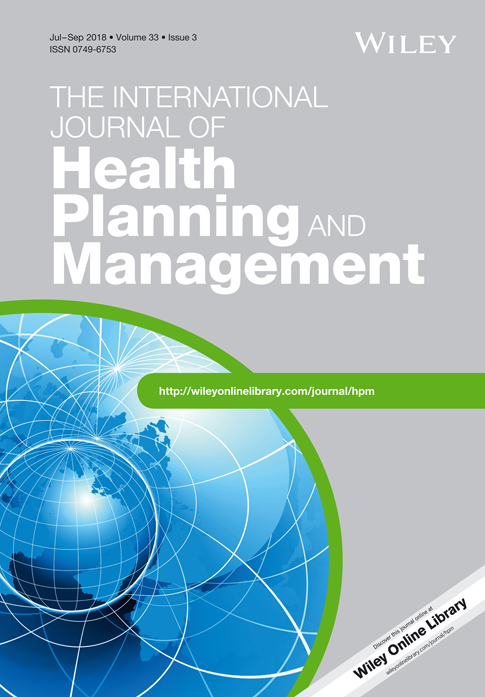Prohibiting physicians' dual practice in Iran: Policy options for implementation
Summary
Background
In Iran, based on the recent national policy documents, physician dual practice (PDP) has been prohibited. This study aimed to develop policy options (POs) to implement physicians' dual practice prohibition law in Iran.
Methods
International evidence published in English and local documents published in Persian about PDP analyzed and results (advantages, disadvantages, challenges and requirements to ban PDP, and applied policies to limit the dual practice) were extracted. Results discussed among the research team in 5 rounds of meetings. In each meeting, any possible PO to limit PDP in Iran was proposed based on brainstorming technique and 12 POs were developed. These 12 POs and their advantages and disadvantages were discussed in a focus group discussion attended by 14 informed policy makers, and 3 additional POs were added.
Results
Fifteen POs were developed. Each PO has its own advantages and disadvantages. It is worth to highlight that not only are the proposed POs not mutually exclusive but they are also mutually reinforcing; that is, each of these POs can be applied alone or they can be implemented alongside each other simultaneously.
Conclusion
No single optimal PO exists for dealing with the dual practice in Iranian health system. Implementing a mix of POs could reduce possible complications of each PO and increase the chance of successful implementation of the law. It is advisable to follow a conservative and incremental approach and start with POs that will cause less resistance and political challenges.
CONFLICT OF INTEREST
No conflict of interest declared.




